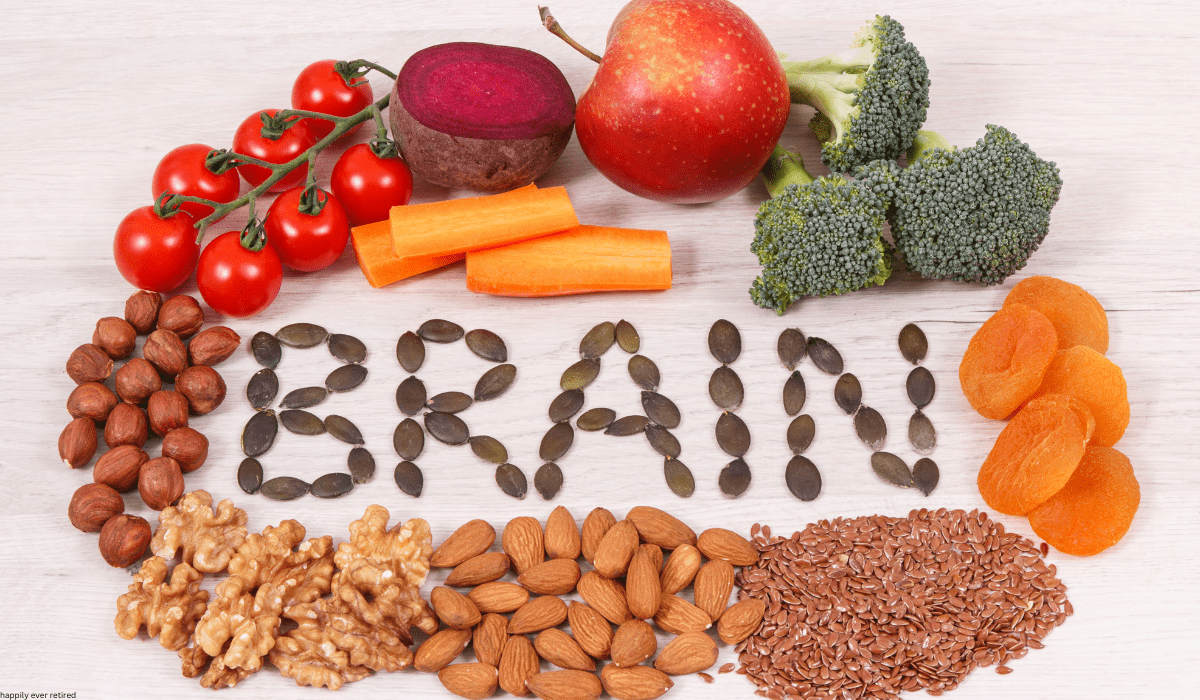How to Stay Mentally Sharp After Retirement: Tips for Lifelong Brain Health
Retirement brings newfound freedom, but keeping your mind as active as your body is essential. Research shows that staying mentally engaged can help prevent cognitive decline, with activities like learning new skills and maintaining social connections playing a crucial role in long-term brain health. So, how can you ensure your brain stays vibrant throughout retirement? Here are some effective strategies to sharpen your mind and keep it that way for years.
Engage in Regular Mental Exercises
Staying mentally active doesn’t have to be complicated. Simple brain games such as puzzles, crosswords, and Sudoku can stimulate different brain areas. Online brain-training apps like Lumosity or Peak provide daily exercises to improve memory, attention, and problem-solving skills. Want to take it a step further? Learning a new language or mastering a new skill, such as playing a musical instrument, can challenge your brain in exciting ways.
Stay Socially Connected
Retirement can sometimes lead to social isolation, but staying connected is vital for brain health. Engage with friends and family, or join clubs where you can meet others who share similar interests. Volunteer work is another way to stay active in your community while keeping your mind sharp. Attending workshops or events geared explicitly toward retirees can also help you expand your social circle, all while stimulating your brain through meaningful conversations.
Incorporate Physical Activity into Your Routine
Did you know physical exercise is closely tied to mental sharpness? Studies show regular exercise boosts brain function, enhances memory, and promotes neuroplasticity. The best part? You don’t need to be an athlete to benefit. Walking, yoga, and swimming are all excellent options for retirees. Try incorporating movement into your daily routine by taking short walks, joining fitness classes, or stretching at home.
Prioritize a Brain-Boosting Diet
Your brain thrives on a healthy, balanced diet. Foods rich in omega-3 fatty acids—like salmon, flaxseed, and walnuts—are known to support brain health, as are antioxidants found in fruits and vegetables. Don’t forget hydration, either! Drinking enough water is essential for optimal brain function. Reducing your sugary or processed foods intake can help you avoid cognitive sluggishness, giving your brain the fuel it needs to perform at its best.
Maintain a Good Sleep Routine
Sleep is when your brain repairs and regenerates itself, making it essential for maintaining mental sharpness. Aim to get 7-8 hours of quality sleep each night. Establish a consistent bedtime routine, limit screen time before bed, and create a calming environment to promote relaxation. If you struggle with winding down, try practicing mindfulness or meditation to help you fall asleep more easily.
Challenge Yourself with Creative Activities
Engaging in creative activities not only brings joy but also stimulates brain function. Hobbies like painting, writing, or playing an instrument activate different brain parts and foster neuroplasticity, allowing your mind to adapt and grow. Explore new creative outlets – gardening, photography, or crafting—to keep your brain engaged and entertained.
Embrace Lifelong Learning
Retirement is the perfect time to explore topics you’ve always been curious about. Enroll in online courses or attend local classes on subjects that interest you. Lifelong learning helps keep your mind agile and encourages intellectual growth. Even hobbies like reading or attending lectures can push your brain to continue evolving.
Manage Stress and Practice Mindfulness
Stress can significantly impact cognitive health, making it essential to develop stress management techniques. Mindfulness, meditation, and breathing exercises are excellent ways to relax and center your thoughts. Incorporating these practices into your daily routine can help reduce stress levels, leaving your mind clearer and more focused.
Conclusion
Retirement is not just about relaxation—it’s also a time to maintain and improve your mental sharpness. From brain exercises to staying socially connected, incorporating physical activity, and maintaining a brain-healthy diet, there are countless ways to keep your mind engaged and vibrant. Making mental wellness a priority ensures a fulfilling and stimulating retirement.








